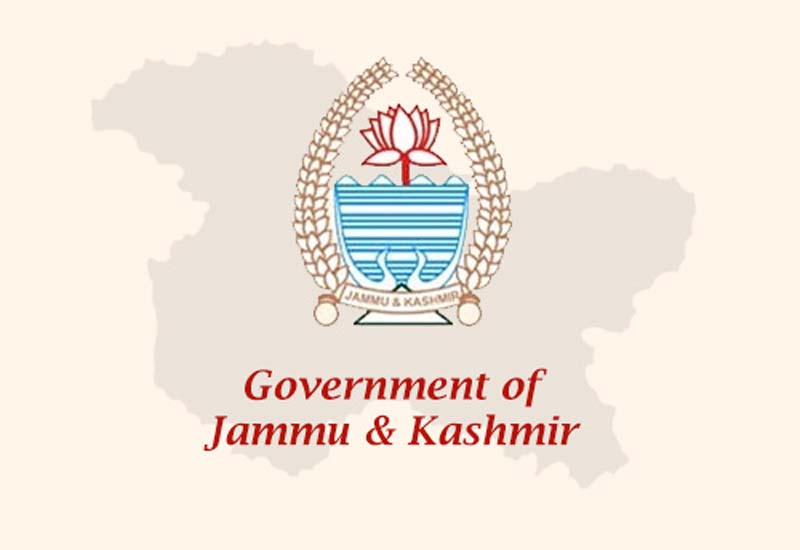Even during Guv’s rule, directions not followed
Centre for evaluation after 25 years service
Neeraj Rohmetra
JAMMU, Apr 26: In a major lapse on part of the Government, Jammu and Kashmir has not responded to five reminders, the latest one being on April 18 this year issued by the Department of Personnel & Training (DoPT) for review of service records of IAS officers, who have either completed 25 years in job or attained the age of 50.
Significantly, out of the five reminders, three had been issued by the DoPT after imposition of Governor’s rule in the State.
Highly placed sources told the Excelsior that the Central Government had come out with a proposal to review performance of IAS officers through the State Governments every year. The move was aimed at ensuring efficiency and transparency in working of the IAS officers especially when they complete 25 years of service or reached the age of 50.
“Accordingly, the DoPT had issued orders to all State Governments to review the performance of IAS officers and remove the deadwood,” sources pointed out but said Jammu and Kashmir despite five reminders by the DoPT during last about a year and four months , has not carried out intensive review of record of IAS officers in respect of 25 years of service.
The DoPT had issued first reminder to the State Government on January 15, 2018 followed by another reminder on May 3, 2018. These two reminders were given when the PDP-BJP Government was in power in Jammu and Kashmir. Three more reminders were issued on July 20, 2018, January 1, 2019 and April 18, 2019, sources pointed out saying all these reminders were given when there was Governor’s rule in the State.
“However, even during the Governor’s rule, the State administration didn’t follow the DoPT directions and carried out no review of the services of IAS officers in Jammu and Kashmir.
Sources didn’t rule out the possibility of some IAS officers deliberately creating hurdles in review of the performance of IAS officers to shield their few colleagues, whose record could be dismal and they might fall in the criteria of deadwood fixed by the Central Government.
The Central Government, according to sources, has reviewed performance of 1143 officers during past four years and recommended four of them for premature retirement from the service in public interest.
Declining to disclose names of the IAS officers declared as deadwood and given forced retirement, sources, however, said, two of them belonged to Chhattisgarh cadre and one each to Arunachal Pradesh and AGMUT (Arunachal Pradesh, Goa, Mizoram and Union Territories) cadre.
They added that service records of over 1143 officers helped the Central Government to screen the IAS officers and identify brilliant among them also, apart from the deadwood, The review was part of strict criteria adopted by the Central Government to ensure that only efficient, dedicated and committed IAS officers work at the helm of affairs and those with dismal record are declared deadwood and removed from the services.
The review of service records of a total of 1,143 IAS officers was carried out under Rule 16 (3) of All India Services (Death-cum-Retirement Benefits ) Rules, 1958 during 2015 and 2018 to check non-performers, the officials said.
The rules stated that the Central Government in consultation with the State Government concerned may ask an IAS officer to retire in public interest by giving at least three months previous notice in writing or three months’ pay and allowances in lieu of such notice.
As many as 5,104 officers of the IAS, considered the ‘steel frame’ of India, are working across the country, according to a Personnel Ministry data. The officials said there are many States, who had not carried out the review despite the Centre’s reminder.
Apart from Jammu and Kashmir, other such States included Andhra Pradesh, Karnataka, Kerala, Telangana, Tripura and Uttarakhand Sources said timely review of service record was necessary to check corruption and deadwood from the governance.
“The Central Government has been following a policy of zero tolerance towards corruption. At the same time it is necessary to conduct a thorough review of officers so that they do not lack in performing their duty towards people.
Those found non-performing need to bid good bye from the Government service and the ones performing need to be rewarded to ensure god governance,” sources added.


